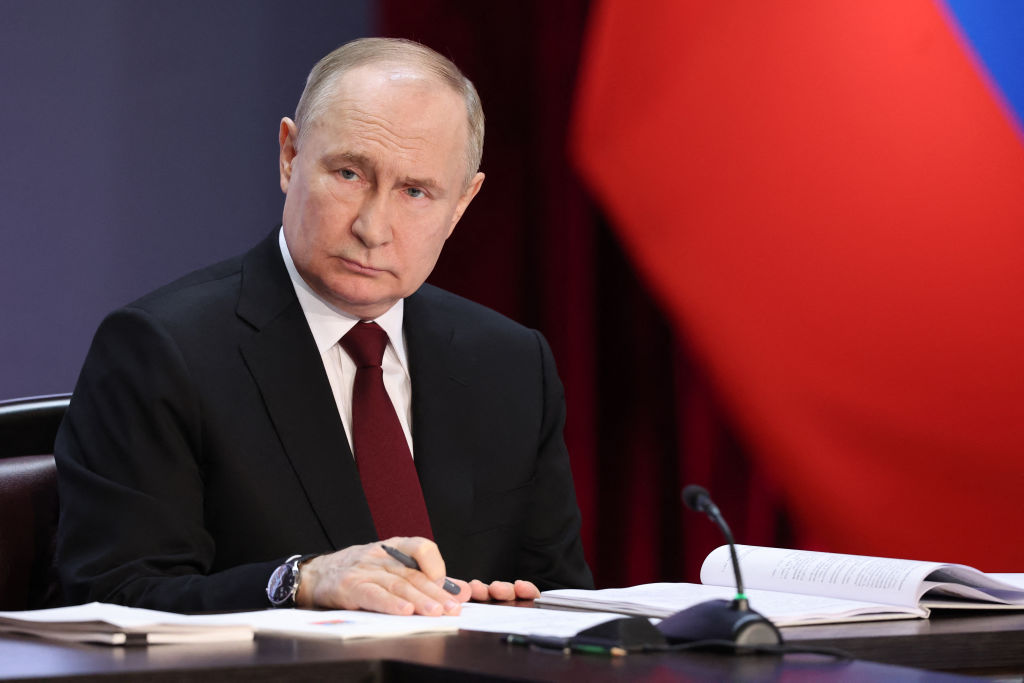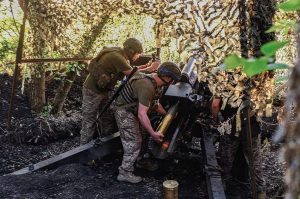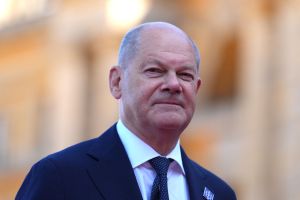The US crackdown on trade finance for Russia from international banks — designed to impede imports needed for the continuing assault on Ukraine — is biting hard, reports the FT, quoting an investor who thinks “the logical endpoint of this is turning Russia into Iran.” Quite right too: sanctions like these are a vital non-military way to hobble Vladimir Putin’s campaign.
But war and finance intersect in many different ways. Consider also the fate of 400 western-owned commercial aircraft that were leased to Russian airlines before the invasion in February 2022. Now stuck in Russia or its satellites, unmaintained to western standards and unfit to fly back into our airspace, they’re a potential multibillion loss for their owners and insurers.
The aircraft leasing companies are mostly based in Ireland, a global leader in that specialism. The planes were insured with the world’s major insurance companies and in most cases reinsured through Lloyd’s of London. While the aircraft are grounded the related lawsuits are flying, almost 100 of them to date, seeking compensation for lessors from Russian operators, or payouts from insurers who are resisting on grounds of “force majeure,” or both.
Some cases have been settled — the Russians are paying a portion of the insured value — but the leases insist that contested claims must be heard in Russian courts, where fair hearings are effectively impossible. One insurance newsletter calls it all “an epic brawl [that’s] going nowhere.”
And at the end of the line are reinsurers at Lloyd’s such as Atrium Syndicate 609, which includes many of the now rare breed of individual names who continue to accept unlimited liability. Its managing agent speaks of “multiple ongoing litigations in a number of jurisdictions,” as a result of which profits or (much more likely) losses from past aircraft business will remain uncertain for years.
The moral, I suppose, is that it’s simple enough to block money channels, but complex globalized financial structures are capable of spreading damage everywhere.
This article was originally published in The Spectator’s UK magazine. Subscribe to the World edition here.





















